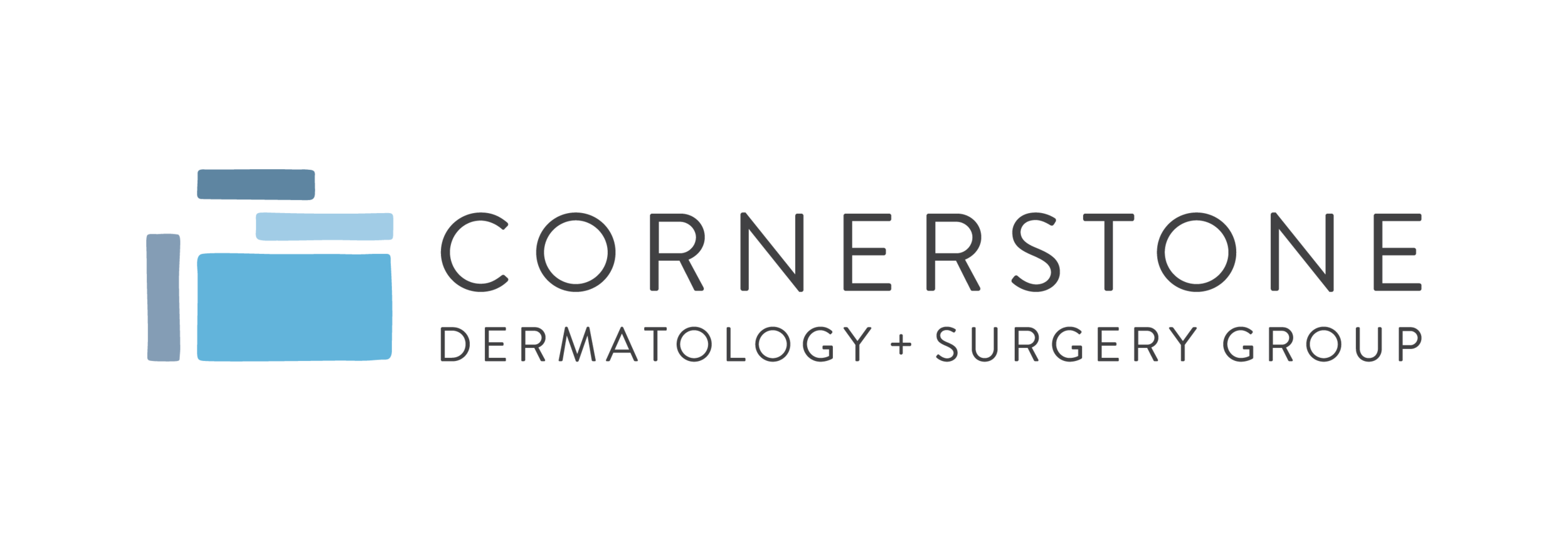Mohs Surgery
Mohs Micrographic Surgery is the treatment of choice for many skin cancers, especially those located in areas where it is vital to spare as much normal skin and tissue as possible. This procedure offers the highest cure rate of any treatment for non-melanoma skin cancer – up to 99 percent for basal cell carcinoma and squamous cell carcinoma. It also minimizes the removal of surrounding healthy skin, which leaves the smallest wound or scar possible. The procedure is performed on an outpatient basis and under local anesthesia.
Mohs Surgery (named for Dr. Frederic Mohs, the surgeon who first pioneered the procedure) is a sophisticated procedure for skin cancer during which the surgeon removes the tumor and a very small area surrounding it. The tissue is then processed in an on-site lab while the patient waits. The surgeon is also trained to act as the pathologist and evaluates the entire margin of tissue under the microscope. If there is any remaining skin cancer, the surgeon can map out exactly where the residual tumor is on the patient’s skin, and only remove more skin in that location.
Once the surgeon is confident that all skin cancer has been removed, he or she will determine the approach to obtain the best healing result. For shallow wounds in certain locations, the body can heal itself without any further intervention. Some wounds can be sutured together in a straight line leaving a very narrow scar that fades with time. Larger wounds, or those in more complicated locations, sometimes require more advanced reconstructive techniques such as skin flaps or skin grafts.
Dr. David Fieleke completed a year-long Mohs Surgery fellowship during which he received extensive training in surgical and reconstructive techniques. Dr. Ross Reule completed a year-long Mohs Surgery preceptorship under the supervision of Dr. David Fieleke. Both are board-certified in Dermatology and Mohs Micrographic Surgery. At Cornerstone Dermatology & Surgery group, you can be confident that you will receive expert care that is individualized to your needs.
You can learn more information at the websites of the American Society for Mohs Surgery and the American College of Mohs Surgery.


